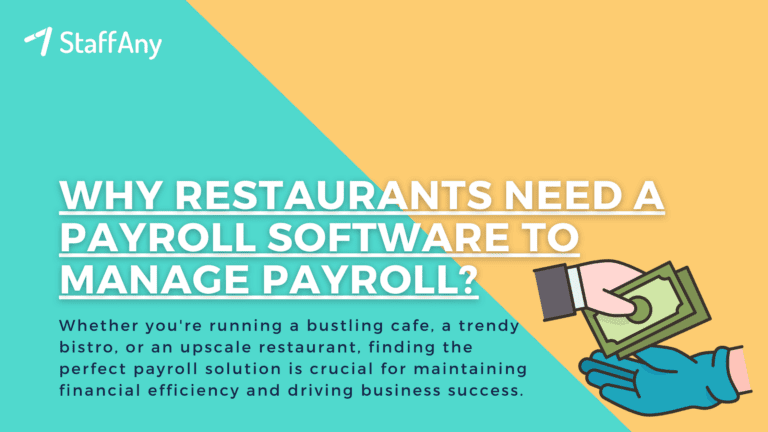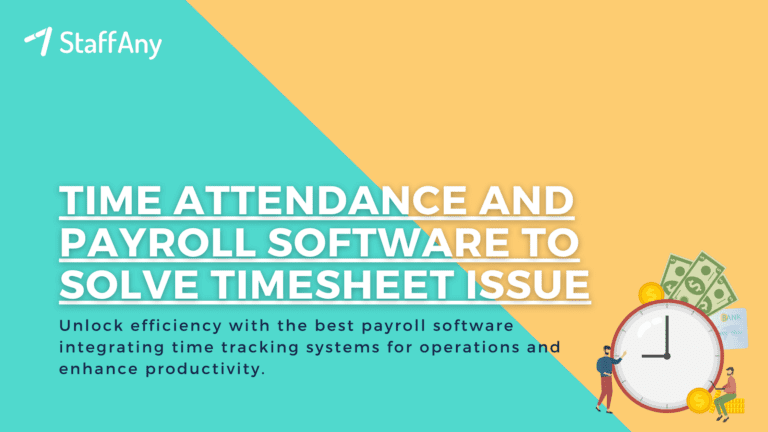The food and beverage industry in Malaysia analysis plays a crucial role in ensuring the safety and quality of products consumed by Malaysians. This analysis involves a comprehensive assessment of various factors that impact the industry, aiming to protect and inform consumers, comply with regulations, and eliminate food fraud.
In this article, we will delve into the concept of the food and beverage industry in Malaysia analysis, discuss its principal goals, and explore the factors that significantly influence the F&B industry in Malaysia. Let’s find out below!
What is Food and Beverage Analysis?
Food and beverage analysis refers to the systematic examination of food products, ingredients, and processes to evaluate their safety, quality, and compliance with regulatory standards. This analytical approach involves scientific techniques and methodologies to identify potential risks, detect adulteration, and ensure that the products meet established specifications.
The analysis encompasses various aspects, such as microbiological, chemical, and physical testing of food samples. Microbiological testing assesses the presence of harmful microorganisms, while chemical testing examines the composition and levels of substances such as additives, contaminants, and nutrients. Physical testing analyses characteristics like texture, appearance, and sensory attributes to ensure consumer acceptability.
Read more: 11 Common Food Industry Problems and their Solutions
4 Principal Goals of Food and Beverage Analysis
Food and beverage analysis serves several key goals that are essential for the industry’s success. Let’s explore these goals in detail:
1. Protecting Consumers
Ensuring consumer safety is paramount in the food and beverage industry. Analysis helps identify potential hazards and contaminants, enabling manufacturers to implement stringent quality control measures. From farm to fork, comprehensive analysis helps monitor the entire supply chain, minimising the risk of foodborne illnesses and enhancing consumer trust.
2. Informing Consumers
Food and beverage analysis plays a pivotal role in providing accurate and transparent information to consumers. Through proper labelling and nutritional analysis, consumers can make informed choices about the products they purchase. This goal promotes healthier eating habits, allergen awareness, and ethical considerations, aligning the industry with evolving consumer demands.
3. Meeting Government and Industry Regulations
Compliance with government and industry regulations is crucial for the food and beverage industry. Analysis ensures that businesses adhere to these regulations, such as proper labelling, hygiene standards, and fair trade practices. By conducting regular analysis, companies can avoid penalties, maintain their licences, and build a positive reputation in the industry.
4. Eliminating Food Fraud
Food fraud poses a significant challenge for the industry, undermining consumer confidence and compromising food safety. Analysis techniques such as DNA testing and traceability help detect fraudulent activities, such as mislabeled products or adulterated ingredients. By proactively addressing food fraud, the industry can maintain the integrity and protect its reputation.
Read more: Top 3 Trends Driving the F&B Industry in Malaysia
Factors That Impact F&B Industry in Malaysia
The food and beverage industry in Malaysia is influenced by various factors that shape its operations and growth prospects. Let’s explore eight critical factors that have a significant impact on the industry in 2023:
1. Changing Consumer Preferences
Consumer preferences and tastes are constantly evolving. In recent years, there has been a significant shift toward healthier, organic, and sustainably sourced food and beverages. Consumers are increasingly conscious about their health, environmental impact, and ethical considerations. The industry must adapt to these changing preferences by offering innovative products that meet consumer expectations. This includes developing healthier options, providing clear product labelling, and embracing sustainable practices throughout the supply chain.
2. Rising Ingredient Costs
The increasing costs of raw materials and ingredients present a significant challenge for businesses in the food and beverage industry. Fluctuating prices of commodities and the impact of global events such as climate change can lead to price volatility, affecting profit margins. This requires industry players to carefully manage their procurement strategies, explore alternative sourcing options, and optimise their supply chain to mitigate the impact of rising ingredient costs.
3. Technological Advancements
Technological advancements have revolutionised the food and beverage industry in Malaysia. Automation, artificial intelligence, and data analytics are transforming various aspects of the industry, including production, distribution, and marketing. Embracing technology enables businesses to streamline operations, improve efficiency, and enhance the overall consumer experience. From online ordering and delivery platforms to personalised marketing campaigns, leveraging technology has become crucial for staying competitive in the digital age.
4. Sustainability and Environmental Concerns
Sustainability and environmental concerns are gaining prominence in the food and beverage industry. Consumers are increasingly demanding products that are produced in an environmentally responsible manner, with minimal carbon footprint and waste generation. Industry players are under pressure to adopt sustainable practices, such as reducing packaging waste, implementing energy-efficient processes, and sourcing ingredients from sustainable and ethical suppliers. Meeting these sustainability goals not only benefits the environment but also enhances brand reputation and consumer loyalty.
Read more: The Importance of Workplace Safety in F&B
5. Food Safety and Quality Assurance
Ensuring food safety and maintaining high-quality standards is of utmost importance in the food and beverage industry. Consumers expect safe and hygienic products that meet stringent quality requirements. Adhering to food safety regulations, implementing robust quality assurance systems, and conducting regular inspections and audits are essential to maintain consumer trust. Emphasising product traceability, implementing proper storage and handling practices, and investing in employee training can significantly contribute to food safety and quality assurance.
6. Government Regulations and Policies
Government regulations and policies play a critical role in shaping the food and beverage industry in Malaysia. Compliance with food safety standards, labelling regulations, import/export requirements, and taxation policies is essential for businesses to operate legally and maintain consumer confidence. Staying informed about regulatory changes, engaging in constructive dialogue with regulatory authorities, and proactively adapting to new requirements are key factors in navigating the complex regulatory landscape.
7. Changing Demographics and Lifestyles
Demographic shifts and changing lifestyles have a significant impact on the food and beverage industry. Malaysia is experiencing rapid urbanisation, with more people living in cities and leading busy lifestyles. This has led to increased demand for convenient, on-the-go food and beverages, ready-to-eat meals, and delivery services. Understanding the preferences and needs of different demographic segments, such as millennials and working professionals, is crucial for developing targeted products and marketing strategies.
8. Competition and Market Saturation
The food and beverage industry in Malaysia is highly competitive, with a wide range of local and international players vying for market share. This intense competition, coupled with market saturation in certain segments, poses challenges for new entrants and existing businesses. Differentiation through unique product offerings, branding, marketing campaigns, and exceptional customer experiences becomes essential to stand out in the crowded marketplace. Building strong relationships with suppliers, distributors, and retailers can also contribute to maintaining a competitive edge.
Food and beverage industry in Malaysia, analysis is crucial for protecting consumers, informing them about product characteristics, meeting regulations, and eliminating food fraud. Various factors, including changing consumer preferences, economic conditions, technological advancements, and government regulations, significantly impact the F&B industry in Malaysia. By conducting regular analyses and staying attuned to these factors, businesses can thrive in this competitive landscape while prioritising consumer safety and satisfaction.
In the fast-paced and competitive food and beverage industry in Malaysia, efficient operations are crucial for success. As highlighted in our article, factors like changing consumer preferences, rising ingredient costs, technological advancements, and the need for sustainability significantly impact the industry. To overcome these challenges and streamline your operations, StaffAny offers a powerful roster making app that can revolutionise the way you manage your workforce.
With StaffAny, you can easily create, manage, and optimise staff schedules to ensure smooth operations and maximum productivity. For more information about our features, contact us here!











